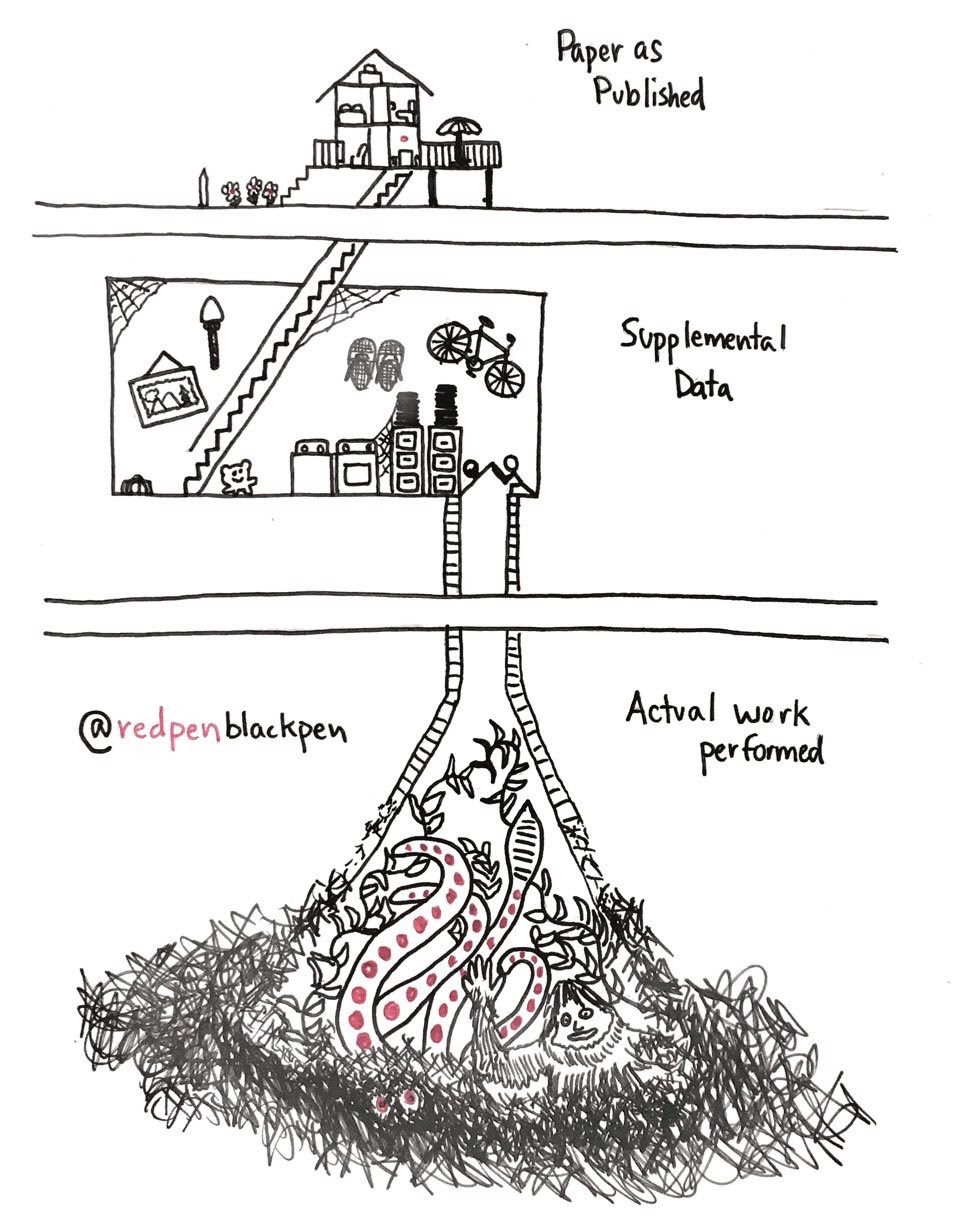
Project management

Information
The estimated time to complete this training module is 3h.
The prerequisites to take this module are:
- the open data module.
Contact Pierre Bellec if you have questions on this module, or if you want to check that you completed successfully all the exercises.
Resources
This module was presented by Elizabeth Dupre during the QLSC 612 course in 2020, with content adapted from presentations by Chris Gorgolewski.
The slides are available here.
The video of her presentation is available below:
Exercise
Prepare your answers in an online document (e.g. using hackmd.io).
- Let's pick a license…
- you want to share code and make sure it can be used as widely as possible, but you still get credited. Which license do you pick and why?
- you want to share data, get credited, allow for modifications but not commercial usage. Which license do you pick and why?
- Pick a public dataset and explain if it is FAIR. You can pick from the list below if you need inspiration.
- Find an example of a neuroimaging paper described on the open science framework (or somewhere else), with 1. code available? 2. Documentation for data analysis available? 3. Data available? For each aspect, summarize briefly the standards followed (if any).
- Follow up with Pierre Bellec to validate you completed the exercise correctly.
- 🎉 🎉 🎉 you completed this training module! 🎉 🎉 🎉
More resources
If you are curious to learn more about BIDS, check the BIDS specifications. There will also be a training module on BIDS in week 2.
Some documentation on standards for project organization:
- the entire “the Turing way” documentation is relevant, but the section on project design is the most important for this training module.
- the data science cookie cutter
- the YODA principles
Finally, a blog post on choosing a license for open science projects by Titus Brown.